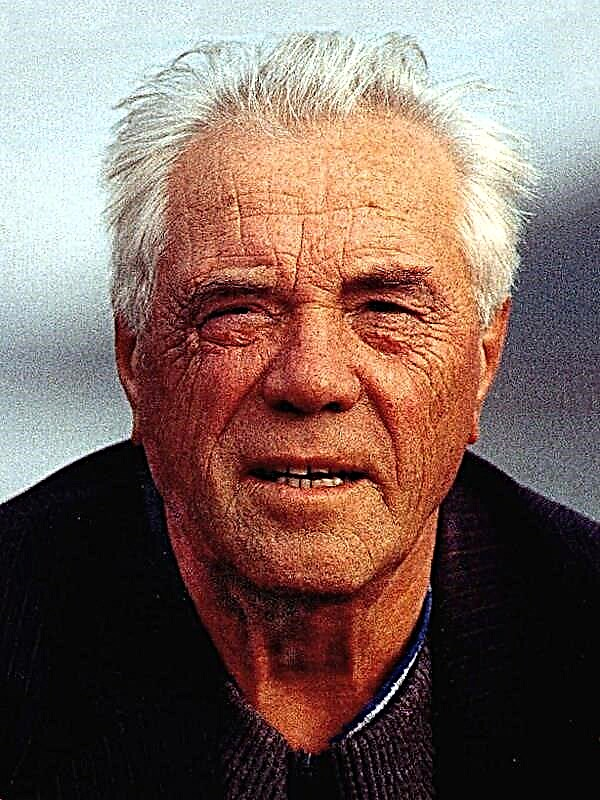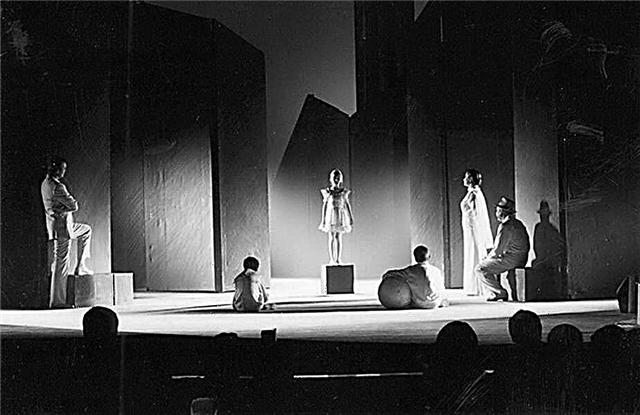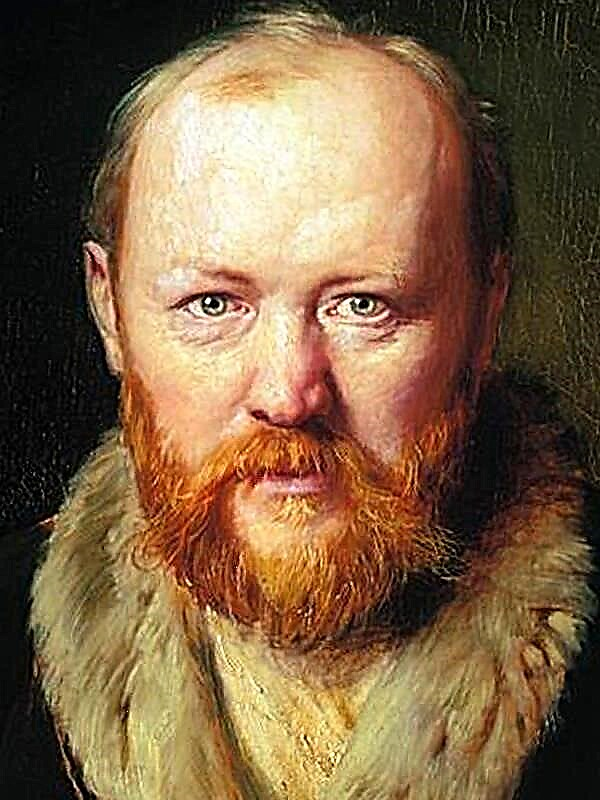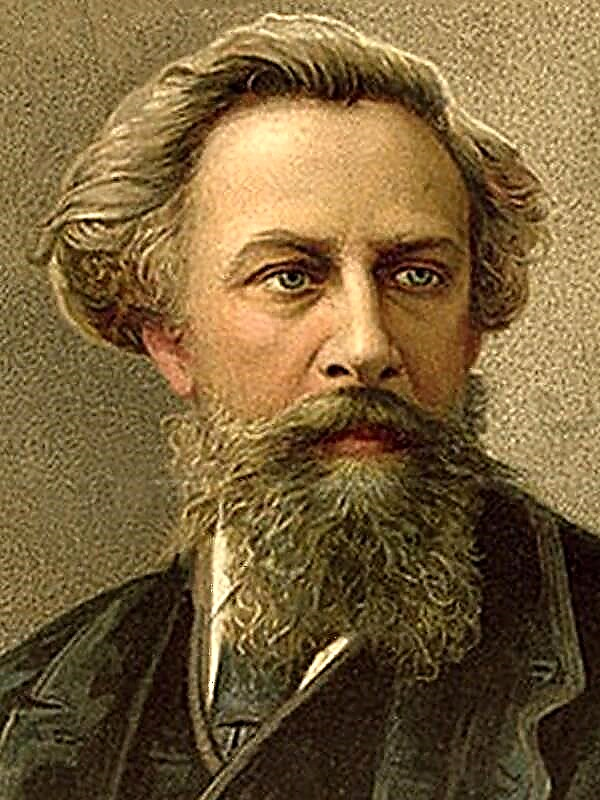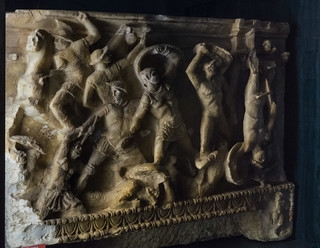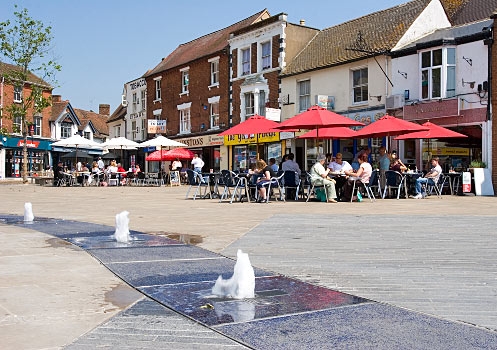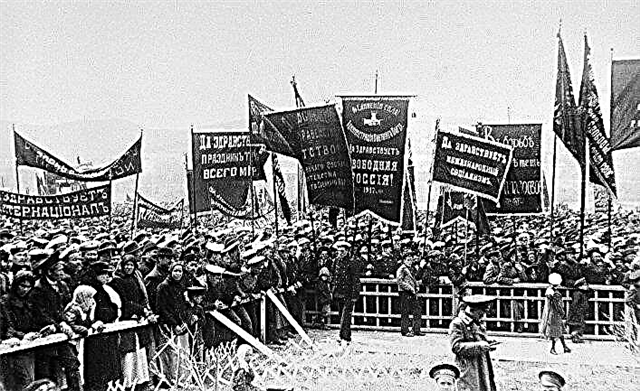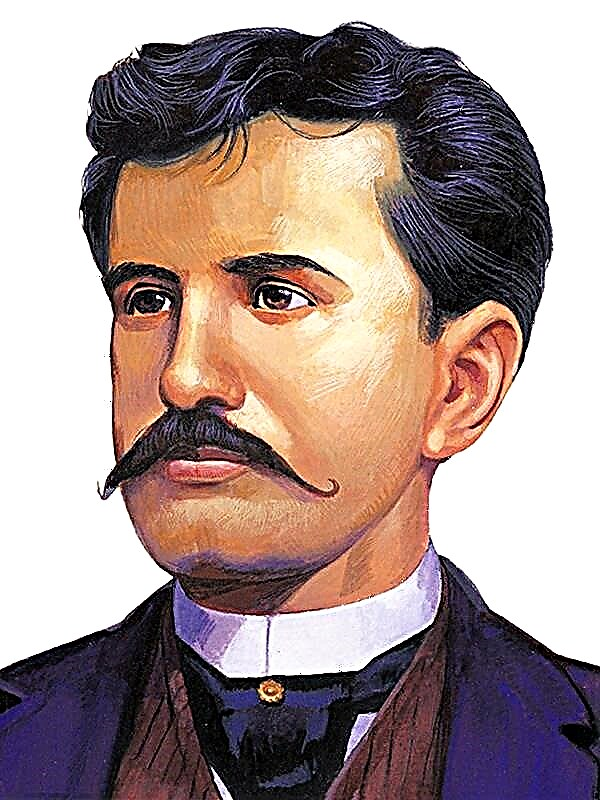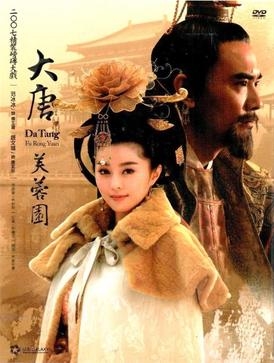(291 words) War is always difficult even for the most persistent and enduring adults. And in children, war takes away the most valuable and dearest - childhood. A child who sees all the troubles and suffering of bloodshed that it brings with it is forced to grow up. Sometimes too early.
In the story of Mikhail Sholokhov “The fate of man” we see little Vanyusha. An orphan whose cruel storm of war took both parents away, asks for food from the teahouse and sleeps anywhere. It seems to me that it is no coincidence that his name is Vanya. This is a collective image of the children of war - the post-war little "Russian Van", who lost their relatives. Vanya was lucky that the good soldier, having lost his own family, decided to take him to his place. Here the scene is indicative, where Andrei Sokolov sees the baby sigh and thinks that he learned this early. Indeed, small children should live carefree, sighing - not for them. But little Van, like all children of the war era, had to experience the hardships of life too early - hunger, loss of loved ones, orphanhood. Already at the age of five or six, they experienced severe suffering, and learned to sigh sadly. This sigh, as it were, blows childhood out of little kids. But this should not be. Childhood is the most valuable time in a person’s life, it should be happy and serene. Lost childhood removes the mask of “valor” from the war, and exposes it with an evil, inhuman and merciless face.
The post-war generation is children who have suffered incredibly difficult years for the child for the war. No doubt, all that they experienced left an indelible imprint on their fragile minds. And their fate serves as a reminder to us: we must not allow new generations to develop in conditions of devastation and hunger. You need to live in peace. Indeed, only when peace reigns, childhood is happy. A happy childhood is an inalienable right of every person, a reliable support for his whole future life, and the basis of the well-being of a whole nation.

